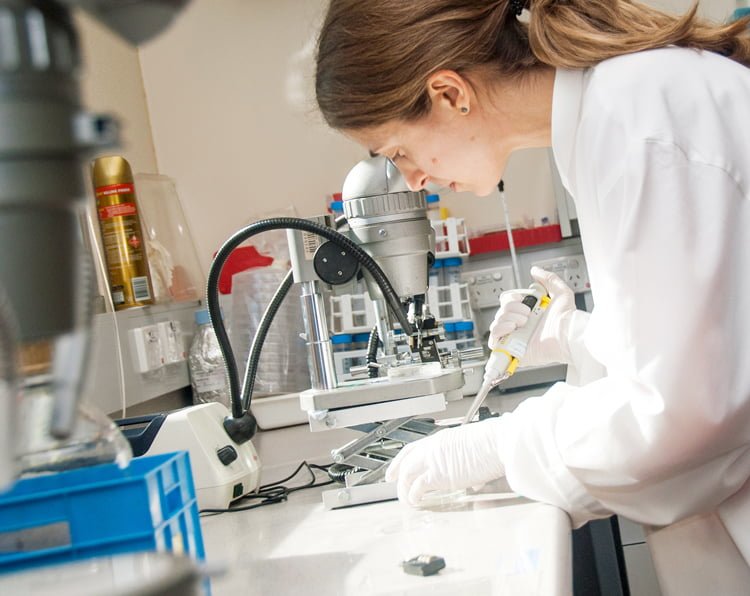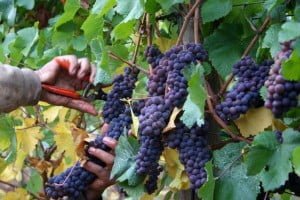Postgraduate Programs

 Higher degrees by research
Higher degrees by research
The Waite has a large and vibrant population of higher degree by research (HDR) students from all over the world. We have more than 130 active PhD candidates and over 10 research master students. Our students undertake research on a wide diversity of topics in basic and applied science, including soil science, agronomy, plant breeding and genetics, plant protection, biochemistry and physiology, viticulture and oenology, food and nutrition science and biometry. Many of these students are jointly supervised by University of Adelaide staff and researchers in other organisations at the Waite, and all of our students benefit from access to excellent facilities as well as to the world-class researchers co-located on the campus. A team of postgraduate coordinators assists students and supervisors with administrative aspects of candidature. The Postgraduate Association for Waite Students (PAWS) organises social and professional development activities, including the annual Postgraduate Symposium, a highlight on the campus calendar of events.
The School of Agriculture, Food & Wine also offers Masters by Coursework, Graduate Diplomas and Graduate Certificate options in Plant Biotechnology and Viticulture & Oenology (see below). Various Global Food and Agricultural Business programs are also offered in conjunction with the Faculty of Professions.
The full list is available HERE.
 Viticulture & Oenology
Viticulture & Oenology
The 1 or 2 year postgraduate programs in viticulture and winemaking (oenology) cover both basic sciences with an emphasis on the key technical methods and sensory (wine tasting) skills required for a career in viticulture and oenology. All students have the opportunity to complete an industry experience placement in either viticulture and/or oenology to enhance personal and career objectives. Graduates from the Viticulture and Oenology programs find employment in the wine sector as viticulturists and winemakers, within Australia and around the world.
For further information: Associate Professor Paul Grbin
